Public toilets in Japan - an innovative approach to hygiene rules

Japan, a country known for its primacy in technological innovations, pushes the boundaries of hygiene, setting new standards for public toilets. This island nation combines unique architectural designs with the latest technology, creating innovative solutions for hygiene and safety. As a result, public toilets in Japan are not only functional, but also become a part of the city's landscape, standing out with their aesthetics and originality.

Tokyo Toilet Project: Where hygiene meets top designs
The Tokyo Toilet Project is a perfect example of combining design and hygiene, raising the standards for public toilets. This unique project brought together a number of outstanding creators, including Tadao Ando, Kengo Kuma, and Shigeru Ban, who used their skills to create extraordinary public toilets in various locations in the Shibuya district of Tokyo.
These toilets set a new standard when it comes to hygiene, meeting and exceeding the expectations of users. But equally important, they are true works of art, reflecting the unique visions of their creators. With their exceptional design, they stand out from traditional public toilets, providing elements of surprise and joy for those who use them.
The diversity of projects makes each toilet different, but they are all united by the principle of accessibility. They are designed with a universal design in mind, which means they are user-friendly regardless of gender, age, or disability. Their design takes into account the needs of different user groups, creating a space that is safe, comfortable, and accessible for all.
One of the most intriguing aspects of the project is how artists can apply their unique style and approach to design, transforming everyday, often overlooked spaces into something that is not only functional, but also beautiful and inspiring. Each toilet is unique, reflecting the designer's personal approach to design, both in terms of aesthetics and functionality.
These projects demonstrate how thoughtful design can transform public spaces, raising standards in terms of both hygiene and aesthetics. The Tokyo Toilet Project is proof that even the most mundane spaces can become a place of innovation and creativity, offering unique experiences for users.
Check out our soap dispenser offer!

Transparent toilets by Shigeru Ban
Shigeru Ban, known for creating architecture using unconventional materials, has taken on the challenge of revolutionizing the experience of using public toilets. His unconventional approach has resulted in the creation of "transparent" toilets that go far beyond the standards we are accustomed to.
These modern toilets, located in parks in various parts of Tokyo, are equipped with glass walls. At first glance, this may seem unusual and potentially uncomfortable for users, but this innovative solution is full of cleverness. When the toilet is not in use, the walls remain transparent, allowing passersby to assess its cleanliness. However, when the door is closed, the glass becomes opaque, providing privacy for the user.
This innovation, although it may seem surprising at first, has many advantages. Firstly, it ensures that the space is clean and safe to use - a matter of utmost importance for the comfort and safety of anyone using a public toilet. Secondly, the use of such a solution also has a psychological aspect - it helps to reduce the stress and uncertainty that often accompany the use of public toilets.
Check out our offer of hand dryers!

Sou Fujimoto Toilet - an avant-garde project transforming public toilet space
Sou Fujimoto, a renowned Japanese architect, is responsible for one of the most pioneering projects under the Tokyo Toilet Project. As reported by Dezeen, the toilet designed by Fujimoto goes beyond conventional concepts, resembling a crystal sculpture in its appearance.
The key element of this toilet is its walls and roof made of transparent glass, which not only gives it a futuristic look, but also allows for natural lighting inside. As a result, the space is bright and spacious, giving users a sense of cleanliness and freshness.
But the uniqueness of this toilet is not only due to its extraordinary appearance. It is the combination of technology, functionality, and aesthetics that makes Fujimoto's toilet so unique. The use of transparent glass not only highlights the innovative design, but also affects the perception of cleanliness and freshness.
The Fujimoto project shows how the use of modern materials and innovative solutions can transform a simple, everyday space into something exceptional. This toilet is proof that good design is not just about aesthetics, but also about well-thought-out solutions that make daily life easier and have a positive impact on users' experiences. This is the true power of innovation in architecture and design - creating a space that is both beautiful and functional.

Tomoyuki Kurokawa Project - Combining a Public Toilet with a Community Meeting Place
The toilet, created by architects from Tomoyuki Kurokawa Architects, is not only a space that fulfills its basic sanitary and hygienic functions, but also a social space, a meeting point, and an information center for the local community. By transforming a regular public toilet into a vibrant space, Kurokawa and his team introduce a completely new approach to designing public spaces.
This innovative toilet is a place where people can interact, exchange information, and integrate. The interior of the toilet is spacious and well-lit, promoting user comfort. Additionally, an outdoor space has also been designed, serving as a meeting place with benches and a relaxation area.
When considering this innovative project, it is worth noting that the main idea is to transform a regular public toilet into a community center. The Kurokawa toilet becomes a symbol of an innovative approach to designing public spaces, which prioritizes the needs and comfort of citizens.
This space not only fulfills its basic functions, but also promotes social interaction and provides important information. In this way, a regular public toilet becomes an integral part of the urban fabric, serving not only hygiene purposes, but also community building. This is proof that an innovative approach to designing public spaces can bring benefits on multiple levels, surpassing traditional frameworks and expectations.

Interactive Light Show - Tomohito Ushiro transforms the toilet into an unforgettable experience
The public toilet project by Tomohito Ushiro focuses on an interactive, sensory experience that not only surprises, but also transforms a daily task into something extraordinary. This innovative concept goes beyond the traditional understanding of a toilet, presenting it as a space where technology, design, and art come together to create surprising effects.
The interior of this toilet is lined with mirrored panels that reflect the LED lights placed on the ceiling. When a user enters and closes the door, a real light show begins. The LED lights start pulsating, creating a hypnotic light effect that is reflected from all sides by the mirrored panels. Every visit to the toilet becomes an unforgettable experience.
Using LED lights, Ushiro transforms a routine task into something extraordinary. The toilet is no longer just a place to take care of physiological needs, but a space that engages the senses and provides unique experiences. This project shows how thoughtful use of technology can transform public spaces in surprising and inspiring ways.
This concept is more than just an innovative approach to toilet design. It is also proof that public spaces, even the most mundane ones, can provide unforgettable experiences if we allow creativity and technology to play freely. This toilet is a reminder that innovations can impact our daily lives in the most unexpected places and moments, bringing joy and inspiration.

Summary
Public toilets in Japan are not only perceived as places that fulfill basic needs, but also as urban elements that can serve the community and improve the quality of life for residents. Whether it's the transparent toilets designed by Ban Shigeru, crystal sculptures by Sou Fujimoto, or multifunctional spaces by Tomoyuki Kurokawa, each of these toilets offers unique solutions that transform ordinary public spaces into innovative and user-friendly places.
The most innovative solutions used in these toilets include automatic cleaning, disinfection, and even self-regulating air conditioning systems that provide optimal temperature regardless of external conditions. Additionally, many of them utilize sustainable technologies such as rainwater harvesting, solar energy, and even kinetic energy generated by toilet users.
All of this shows that Japan is able to combine aesthetics with functionality and technology, creating innovative solutions that aim to improve the quality of life for residents and visitors. Without a doubt, Japan is setting a new standard for public toilets around the world, demonstrating that even the most mundane elements of our surroundings can be thoughtfully designed and environmentally friendly.
Check out our bathroom equipment offer in our store!
Author: Marcel Apola








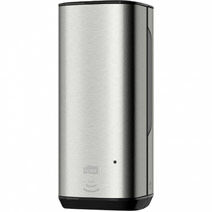
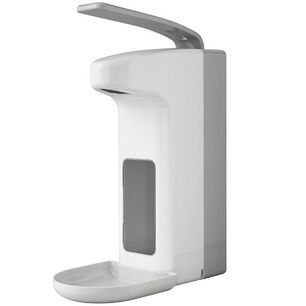







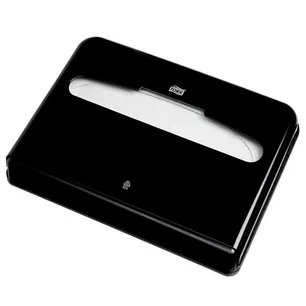

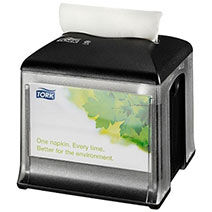

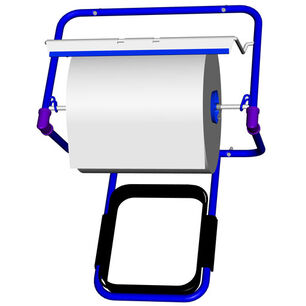
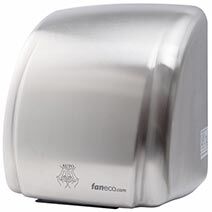

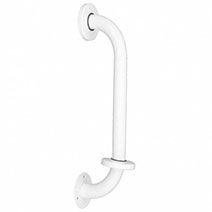

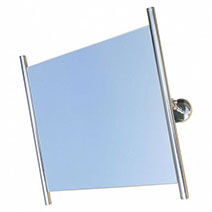

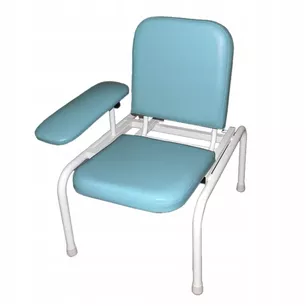
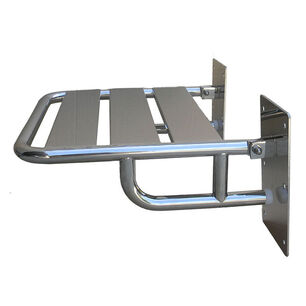




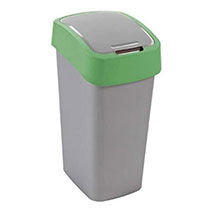




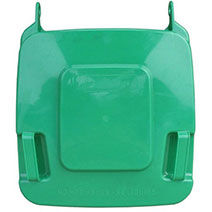
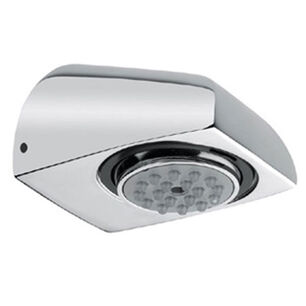

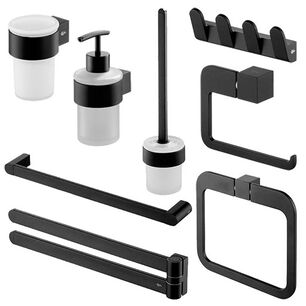




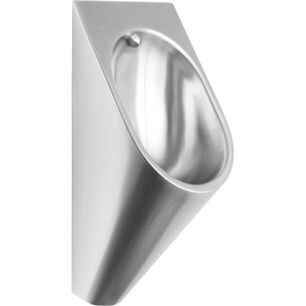

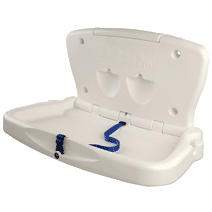


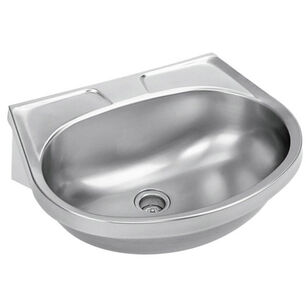

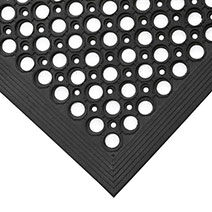







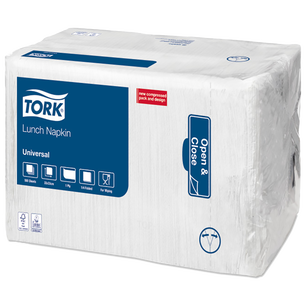
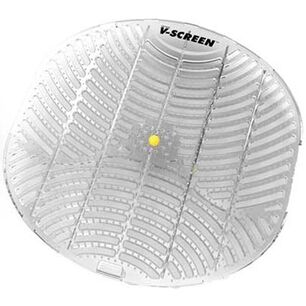
















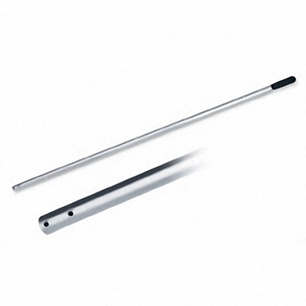







 Polski
Polski
 Czech
Czech
 German
German
 Spanish
Spanish
 Slovak
Slovak